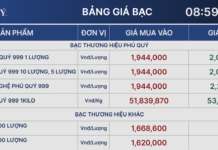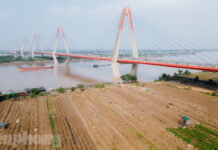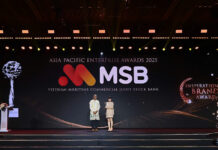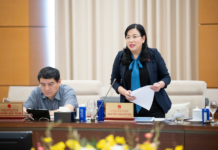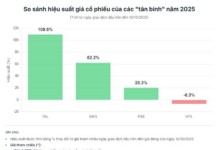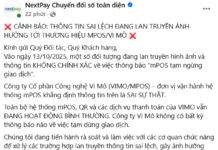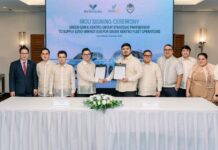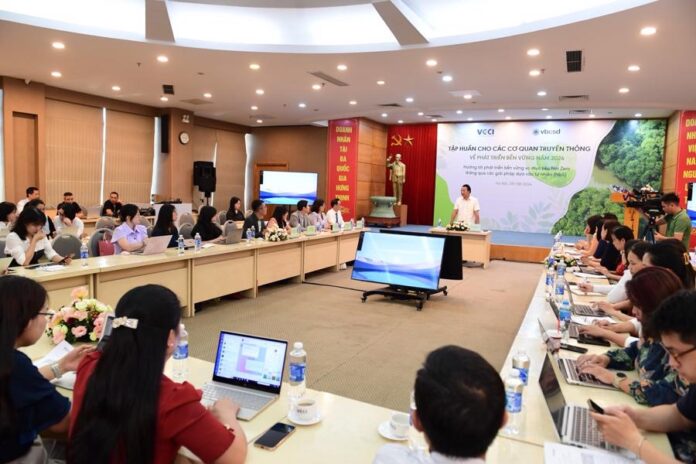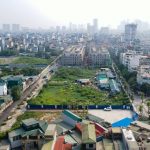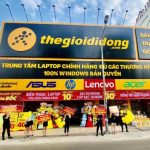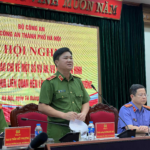For the first time, nature-based solutions (NbS) were mentioned in the overarching decision at COP-27. By COP-28, NbS had become a prominent point of discussion and evaluation among experts, organizations, and businesses.
NbS AS A PRIORITY FOR VIETNAM
NbS refers to the use of ecosystems and natural processes to address social, economic, and environmental challenges. It protects and restores nature while delivering economic and social benefits to people.
According to the World Bank, this group of solutions is expected to contribute 37% of greenhouse gas emissions reductions by 2030 under the Paris Agreement, while also providing additional benefits such as enhancing resilience and recovery for the environment and ecosystems in the face of natural disasters.
At COP 26, Prime Minister Pham Minh Chinh emphasized the view that “All climate change responses must be nature-based and people-centered, with people as the subject of sustainable development.” This serves as a “guiding principle” for all levels of government and people, affirming Vietnam’s responsibility in responding to climate change and restoring nature.
At a training session for media agencies on sustainable development in 2024, with the theme “Towards Sustainable Development and Net Zero Goals through Nature-Based Solutions (NbS),” Mr. Nguyen Quang Vinh, Vice President of the Vietnam Chamber of Commerce and Industry (VCCI) and Chairman of the Vietnam Business Council for Sustainable Development (VBCSD), stated that for businesses, financial capital is important, but there are two other equally important types of capital that are often overlooked and undervalued: social capital and natural capital.
However, in the near future, NbS will become a prioritized direction for governments and business communities worldwide and in Vietnam.
ENHANCING CORPORATE REPUTATION AND PRESTIGE
Mr. Pham Hoang Hai, Partnership Coordinator at the VBCSD Secretariat, emphasized that NbS is not something distant but rather familiar aspects that businesses encounter daily in their operations.
Sustainable business through nature-based solutions helps enterprises enhance their reputation, brand value, and responsibility for social issues. It enables businesses to meet international requirements and standards,提升 their position in the global value chain, and加强 transparency and accountability in production and business operations with regard to stakeholders.
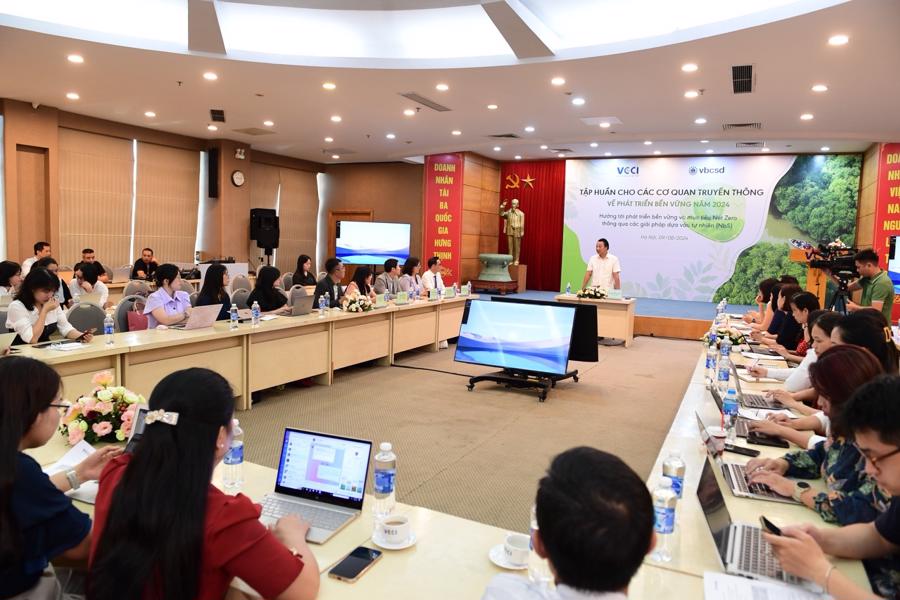
It also creates integrated values and shared benefits, bringing environmental, economic, and social values to all involved stakeholders, ensuring fairness, inclusiveness, and community engagement in the business’s production and value chain.
Notably, NbS helps businesses strengthen risk management and financial efficiency. It supports businesses in adapting their production and operations in the context of climate change, extreme weather events, and natural disasters, gradually restoring ecosystems.
Furthermore, according to experts, NbS solutions provide opportunities to promote private sector investments, aiming to enhance climate resilience and, consequently, reduce costs and improve the reputation and business vision of enterprises.
From a business perspective, Ms. Dao Thuy Ha, Deputy General Director of Traphaco Joint Stock Company, shared that Traphaco has chosen sustainable development as its mission. In addition to business development and economic efficiency, Traphaco is also a company that cares for its employees, contributes to community development, and preserves the green ecosystem.
Traphaco is a pioneer in the herbal medicine revolution, introducing the sustainable herbal medicine development initiative, GreenPlan, and creating a linkage model among four stakeholders (enterprises, the state/local government, scientists, and farmers) for growing areas.
GreenPlan has created jobs and increased income for farming households (from 80 to 160 million VND per year) and enhanced the knowledge of farmers cooperating with Traphaco in growing and harvesting medicinal herbs. Currently, Traphaco has seven medicinal materials with growing areas that meet the international GACP standard.
HOW DO ENTERPRISES IMPLEMENT NbS?
Currently, some markets, like the EU, have mandated ESG disclosure, including two critical requirements: (i) disclosing the company’s financial allocation for climate change response and (ii) allocating financial resources for natural ecosystem recovery.
Enterprises in the European market have already started to implement this. This action directly affects Vietnamese businesses as we deeply engage in the global supply chain. Therefore, to achieve sustainable development and implement NbS, Vietnamese enterprises must act promptly.
VBCSD suggested five basic steps for Vietnamese enterprises to integrate NbS into their business strategies:
First, identify the environmental, social, and economic issues that the business needs or wants to address. Assess available natural resources and the opportunities that ecosystems can offer.
Second, make plans and develop specific strategies for utilizing natural resources sustainably. Identify stakeholders for support and collaboration in implementing the solutions.
Third, develop and implement projects: Design specific projects to improve, restore, and protect ecosystems, ensuring budget feasibility, human resources, and project progress.
Fourth, monitor and evaluate implementation by continuously tracking and assessing the effectiveness of NbS solutions. Use the collected data to make periodic adjustments and improvements.
Fifth, raise awareness about the benefits of NbS solutions among the community and within the enterprise. Train and educate employees and stakeholders about the methods and advantages of NbS.
The most extensive bribery case ever in Thanh Hoa: Numerous suspects prosecuted for “Giving and Receiving Bribes”
The Provincial Security Investigation Agency (PSIA) of Thanh Hoa province announced on January 31st that it has made the decision to initiate a prosecution against 23 individuals in connection with the offenses of “Accepting bribes” and “Giving bribes” as stipulated in Article 354(3) and Article 364(2) of the Criminal Code.
Mobile World achieves revenue of VND118,000 trillion: TVs, tablets, and phones all decrease by 10% – 50%, while one product grows in both quantity and revenue.
Mobile World Investment Corporation (MWG) has recently announced its 2023 business results. According to the report, the company’s consolidated revenue reached over 118 trillion Vietnamese dong, equivalent to 89% of the revenue in 2022.

